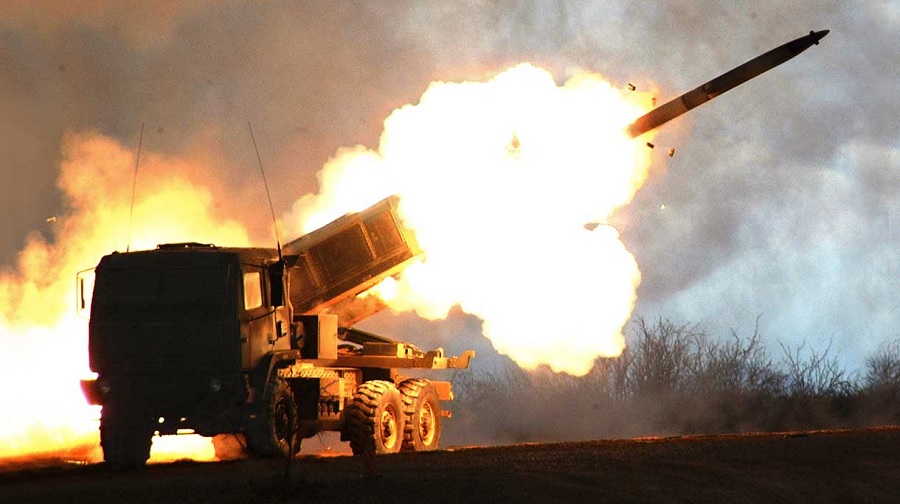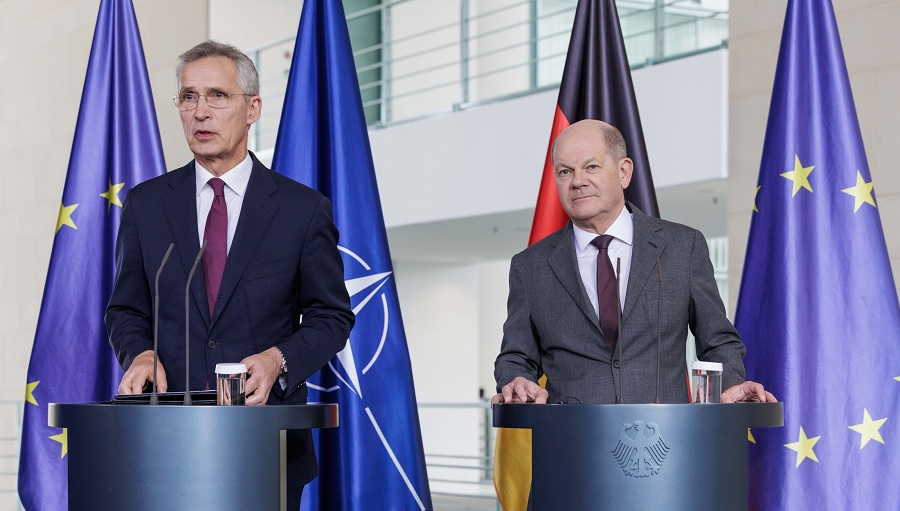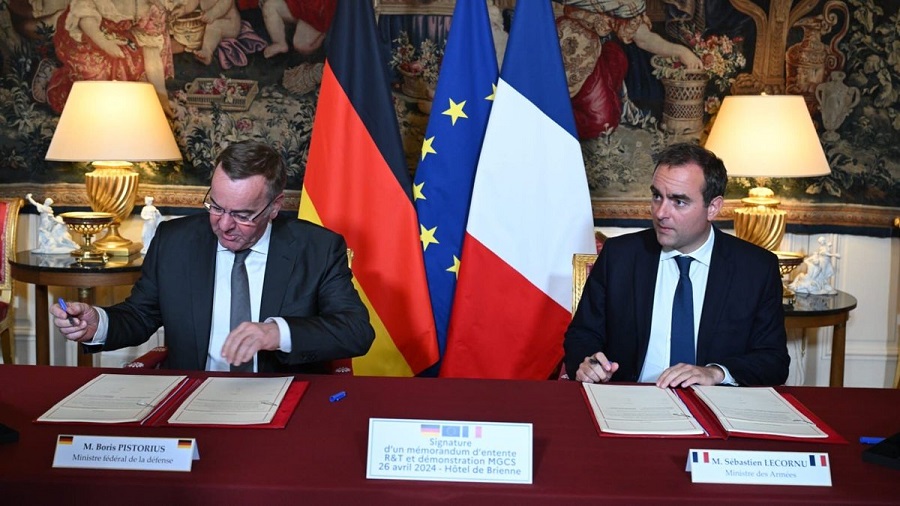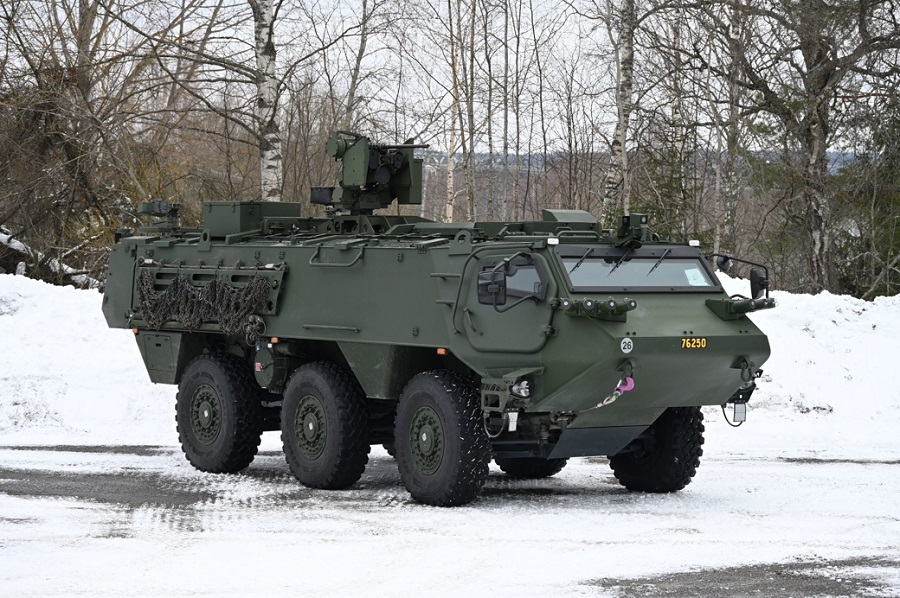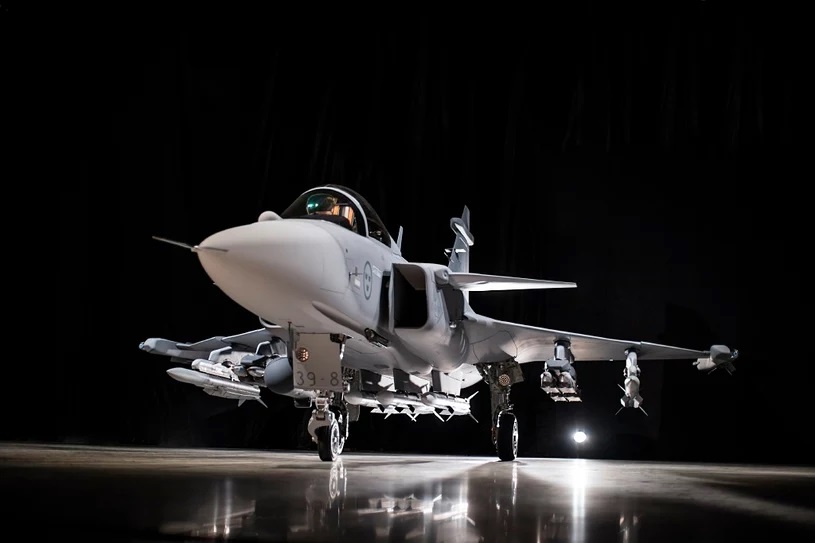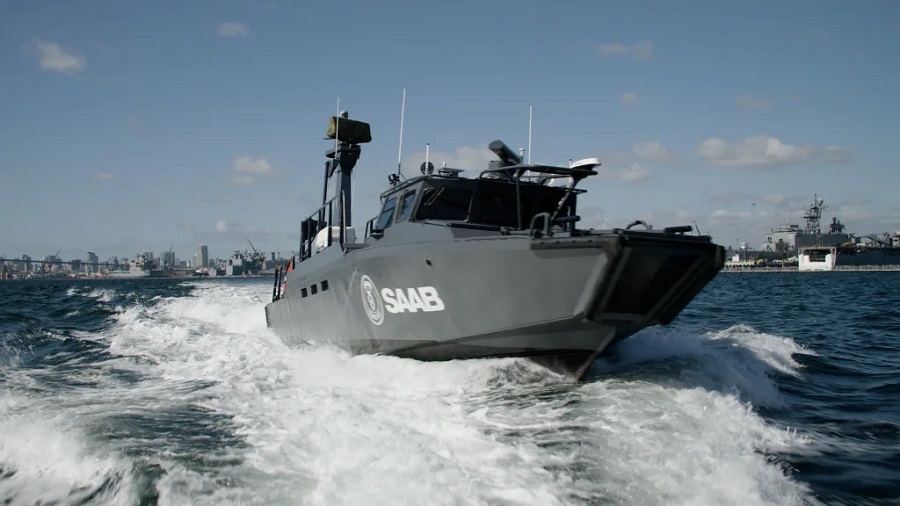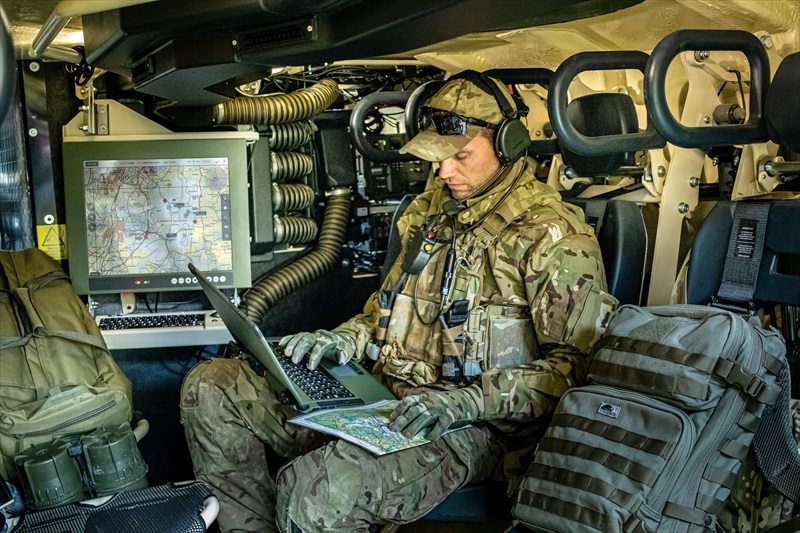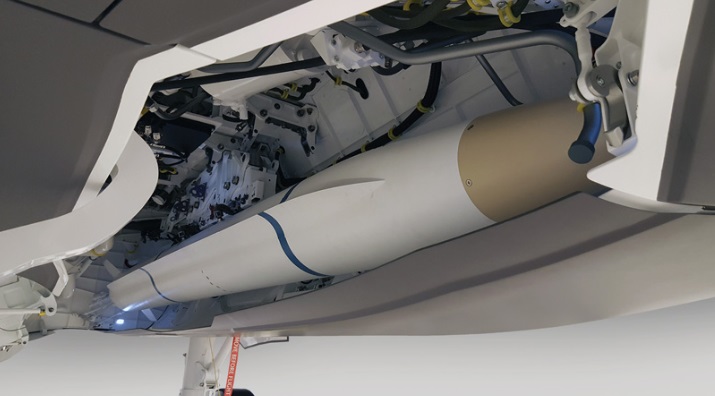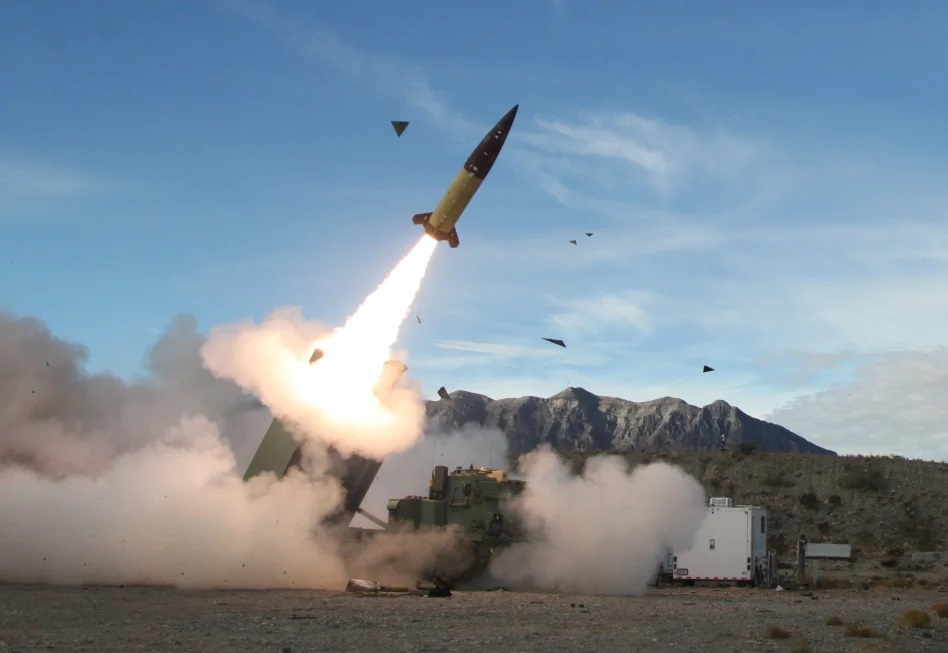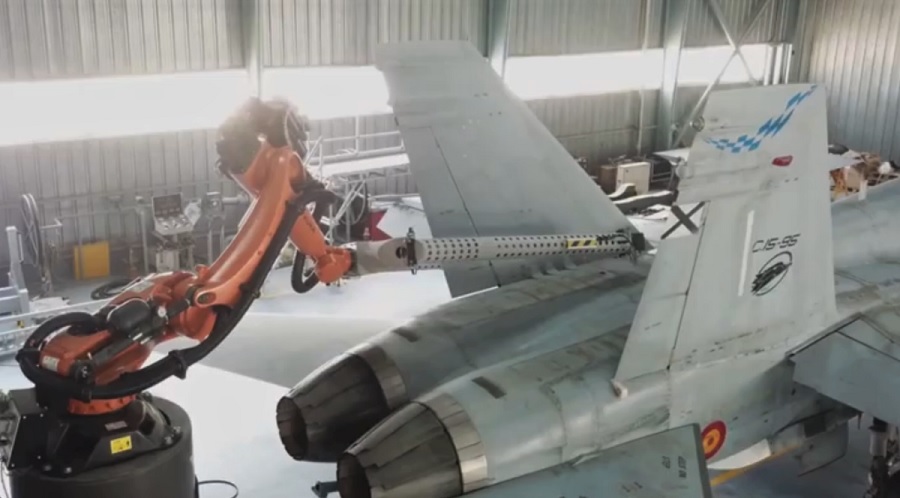“Cyberspace is marked by constant competition,” said David van Weel, Assistant Secretary General for Emerging Security Challenges. “Effective defence in cyberspace requires a more proactive approach, including a mind-set shift towards more engagement with partners. Cyberspace can be only defended in a collaborative spirit. Greater synergies between NATO and the EU cyber initiatives enhance the wellbeing and security for our citizens, our economies, including protection of critical infrastructure, as well as our cyber defences.”
NATO and EU officials discussed recent policy developments, and agreed to continue working closely together on enhancing shared situational awareness, cyber capacity building, and preventing, deterring and responding to cyber threats. The talks were chaired by Mr van Weel and Benedikta von Seherr-Thoss, Managing Director for Peace, Security and Defence, at the European External Action Service.
At the Vilnius Summit, Allies took important decisions to strengthen cyber defence as part of NATO’s overall deterrence and defence posture, including committing to strengthening national cyber defences through the Enhanced NATO Cyber Defence Pledge. Allies have also launched NATO’s new Virtual Cyber Incident Support Capability to support national mitigation efforts in response to significant malicious cyber activities. This provides Allies with an additional tool for assistance.









